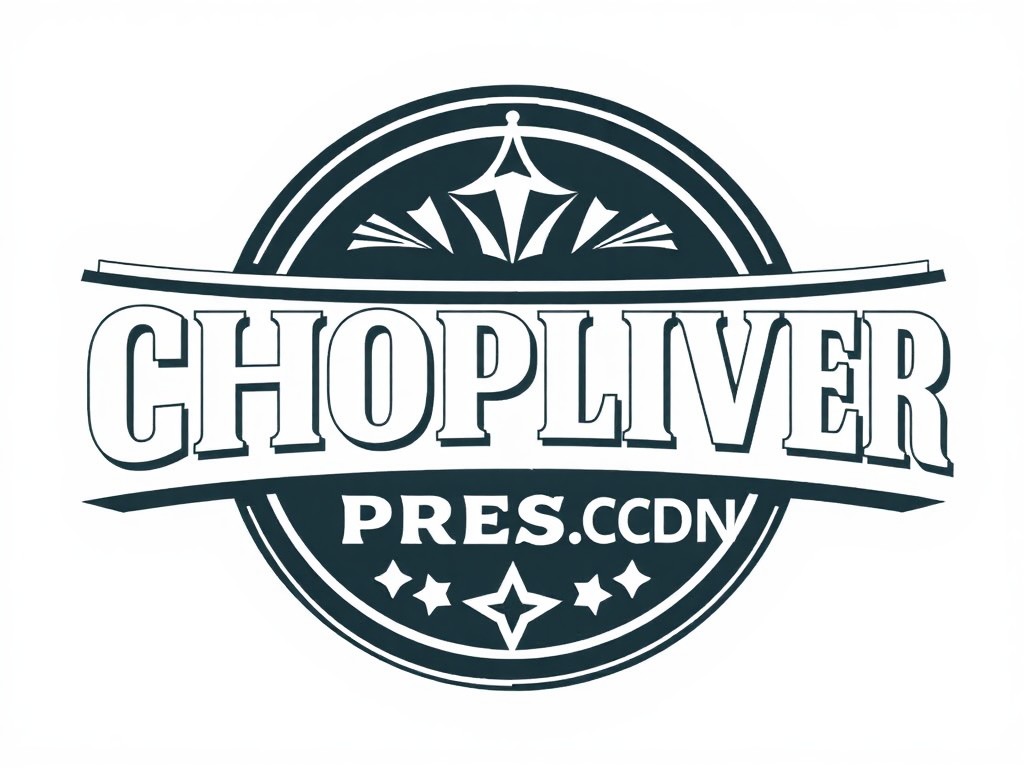Overview of Health Literacy
Health literacy is a crucial component of effective public health education. It refers to an individual’s ability to access, understand, and use health information to make informed decisions about their care. The importance of health literacy cannot be overstated, as it directly influences health outcomes by empowering individuals to manage chronic conditions, adhere to treatment regimens, and engage in preventive health behaviors.
In the UK, the current state of health literacy presents a mixed picture. While there have been improvements in certain areas, challenges remain. A significant segment of the population struggles with understanding health information, which can complicate efforts to achieve optimal health outcomes. These challenges underscore the critical need for targeted public health education initiatives that enhance health literacy across all demographics.
In parallel : How Is Digital Technology Shaping the Future of Healthcare in the UK?
Low health literacy has profound impacts: it often results in poorer health outcomes and an increased burden on healthcare systems. Individuals with limited literacy are less likely to utilise preventive services and more likely to misunderstand medication instructions, leading to increased hospitalizations and healthcare costs. Addressing these issues requires comprehensive strategies to improve health literacy through effective public health education.
Successful Public Awareness Campaigns in the UK
Effective public awareness campaigns are pivotal in enhancing health literacy and promoting health education across the UK. These campaigns involve strategic planning and precise targeting to achieve desired health outcomes. Notable campaigns have successfully employed various strategies to educate diverse audiences about critical health topics.
Topic to read : Is the NHS Ready for Future Health Challenges?
Overview of Notable Campaigns
One exemplary campaign is the “Change4Life” initiative, which focuses on promoting healthier lifestyles among families. Through engaging adverts, educational resources, and partnerships with schools, this campaign has been instrumental in raising awareness about obesity and encouraging healthier eating and physical activity among children.
Strategies and Target Audience Effectiveness
Successful campaigns tailor their messaging according to the specific demographics they aim to reach. For instance, “Be Clear on Cancer” targets age-specific groups, using simple language and relatable scenarios to communicate the importance of early detection. Such strategies ensure that the information is not only accessible but also relevant, enhancing the campaign’s overall effectiveness.
Results and Lessons Learned
The outcomes of these campaigns underscore the importance of public awareness initiatives in improving health literacy. Evaluations of the “Change4Life” campaign reveal significant lifestyle changes among participating families, including increased consumption of fruits and vegetables and greater awareness of physical activity benefits. Lessons learned highlight the effectiveness of combining educational content with interactive elements, fostering both understanding and engagement.
Metrics Measuring Campaign Impact
A comprehensive campaign evaluation is crucial to determine the success of health awareness campaigns. These evaluations rely heavily on various impact metrics to assess the efficacy of initiatives aimed at improving health literacy.
Key Performance Indicators
To effectively measure the impact of such campaigns, it is essential to establish key performance indicators (KPIs). Common KPIs include increased awareness levels, behavioural changes, and improved health outcomes. These indicators help in understanding how well the campaign has performed in enhancing public understanding and literacy.
Methodologies for Measuring Improvements
Various methodologies are used to gauge improvements resulting from health campaigns. Surveys and interviews serve as direct feedback mechanisms, providing insight into participants’ knowledge and behavioural changes post-campaign. Additionally, analysing hospital records for changes in health service utilisation can offer indirect evidence of improved health literacy.
Successful Data Collection and Analysis
Effective data collection is pivotal in capturing the nuances of campaign impact. Digital tools, such as online surveys and mobile applications, facilitate comprehensive data gathering and automatic analysis. For example, a campaign might utilise an app to track participants’ dietary changes, demonstrating a direct link between campaign efforts and tangible lifestyle improvements. This approach not only validates the campaign’s success but also provides a model for future initiatives.
Strategies for Enhancing Health Awareness
Enhancing health awareness requires well-crafted health education strategies that resonate with diverse audiences. By drawing on effective community engagement and impactful outreach programs, public awareness campaigns can successfully promote health literacy.
Best Practices for Designing Campaigns
Successful health awareness campaigns begin with comprehensive planning. Establishing clear goals and understanding the target audience’s needs are paramount. Tailored messaging that considers cultural, social, and linguistic factors ensures the content is relatable and accessible. Collaborating with local health groups can further align campaigns with community values, amplifying their impact.
Engaging Diverse Audiences
Innovative engagement involves employing various platforms to reach different demographics. For instance, using visual content and narratives can simplify complex health information, making it more digestible. Social media serves as a vital tool, offering real-time interaction and feedback, broadening the campaign’s reach. Additionally, incorporating success stories encourages participation and sustains interest.
Leveraging Technology for Wider Reach
Technology’s role in health promotion cannot be underestimated. Mobile apps and digital platforms offer personalised health tracking, educational resources, and reminders, fostering continual interaction. Online forums provide spaces for dialogue, answering queries, and debunking myths, thereby building a well-informed community. By utilising these technologies, campaigns can enhance community engagement and drive meaningful behavioural change.
Challenges in Public Awareness Campaigns
Enhancing health literacy through public awareness campaigns is not without challenges. Despite the availability of resources, several barriers to health literacy persist in the UK. These obstacles can prevent individuals from understanding and accessing vital health information, ultimately impacting public health outcomes.
Common Barriers
One major barrier is language diversity. With a multilingual population, crafting messages that resonate universally is complex, often leading to exclusion for non-native speakers. Additionally, misinformation, particularly on digital platforms, poses another significant challenge. It can rapidly spread and create confusion, undermining well-intentioned health campaigns. Furthermore, differing levels of education and socioeconomic status can affect individuals’ ability to comprehend health messages.
Impact of Misinformation
Misinformation can distort public perceptions and erode trust in health authorities, complicating efforts to enhance public health education. For instance, incorrect information about vaccination safety can lead to decreased vaccination rates, affecting herd immunity. This demonstrates the need for campaigns to proactively address and correct false narratives.
Strategies to Overcome Obstacles
Combatting these challenges requires strategic actions. Employing trusted community leaders in campaign messaging can help build trust and facilitate clearer communication. Incorporating multilingual resources ensures inclusivity, allowing diverse communities to access pertinent health information. Campaigns must also leverage credible sources to debunk misinformation, using fact-based content and interactive platforms to counter false claims effectively.
By understanding and addressing these challenges, public awareness campaigns can more effectively improve health literacy and promote healthier communities.
Health Professionals’ Insights
The involvement of health professionals in awareness campaigns significantly influences the success of efforts to enhance health literacy. These professionals bring expert insights grounded in experience, providing valuable perspectives on how to effectively communicate health information.
Perspectives from Health Professionals
Health experts emphasize the importance of awareness campaigns as fundamental tools for improving public understanding. They highlight that clear and concise communication is integral, especially when addressing complex medical information. The input from clinicians and those directly involved in patient care is integral to crafting messages that resonate with diverse populations.
Recommendations from Experts
Experts recommend incorporating interactive components in campaigns to foster engagement, such as workshops and Q&A sessions. The presence of health professionals in these settings allows for immediate clarification of doubts and underscores the reliability of the information provided. Furthermore, utilizing visual aids is crucial, as they simplify complicated concepts, making health messages more digestible for the general public.
Collaboration Between Healthcare Providers and Community Organizations
Successful health literacy strategies require robust collaboration between healthcare providers and community organizations. Healthcare communication can benefit from this synergy, as it facilitates outreach to various demographics. Community organizations, leveraging their local insights and trust, can help disseminate important health messages, amplifying the impact of awareness campaigns. This partnership is particularly effective in reaching marginalised or hard-to-reach groups, ensuring health literacy efforts are comprehensive and inclusive.
Engaging with Health Literacy Campaigns
Public participation plays a crucial role in the success of health literacy campaigns. When individuals actively engage in awareness efforts, it enhances the impact and reach of these initiatives. Community involvement not only amplifies the message but also ensures it resonates on a personal level.
Ways Individuals Can Support Campaigns
Individuals can support health campaigns by sharing information within their own networks. Engagement can be as simple as attending campaign events, participating in surveys, or volunteering for local community health promotion programs. By advocating for health literacy, individuals contribute to a collective effort towards improved public health.
Role of Community Organizations and Volunteers
Community organizations are pivotal in supporting health campaigns. They act as conduits between the campaign’s core message and the local populace, understanding the unique challenges faced by their communities. Volunteers in these organizations facilitate workshops and distribute educational materials, ensuring that the information is accessible and relevant.
Encouraging Advocacy and Grassroots Initiatives
Encouraging advocacy through grassroots initiatives fosters a sense of ownership among community members. These initiatives rally local leaders and influencers to champion health literacy, making campaigns more effective. By promoting community involvement, initiatives are more sustainable and can adapt to the evolving needs of the population.
Public participation and community involvement are foundational to the success of health literacy campaigns. By actively engaging in these efforts, individuals and organizations collaboratively drive meaningful change in public health.




